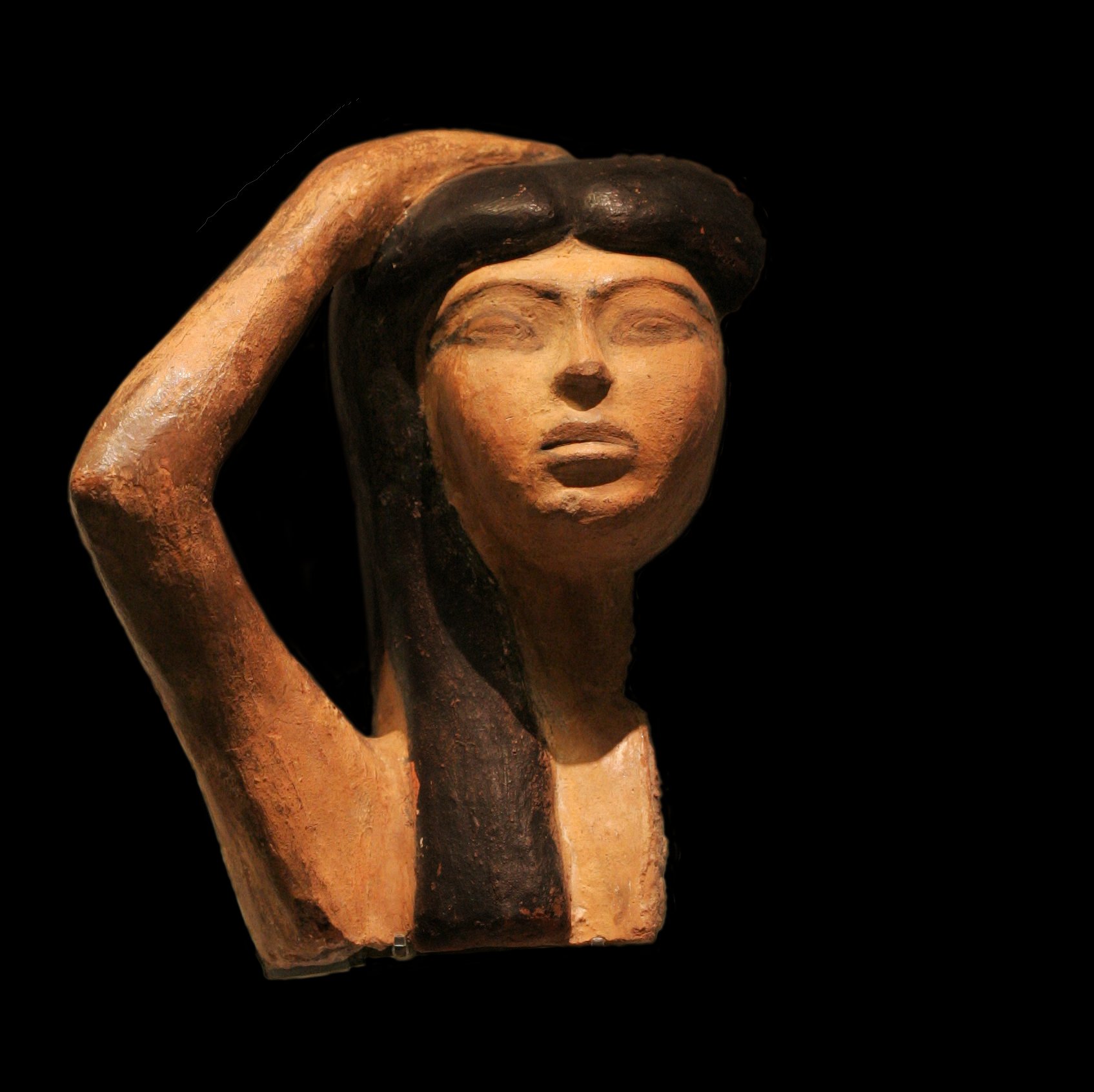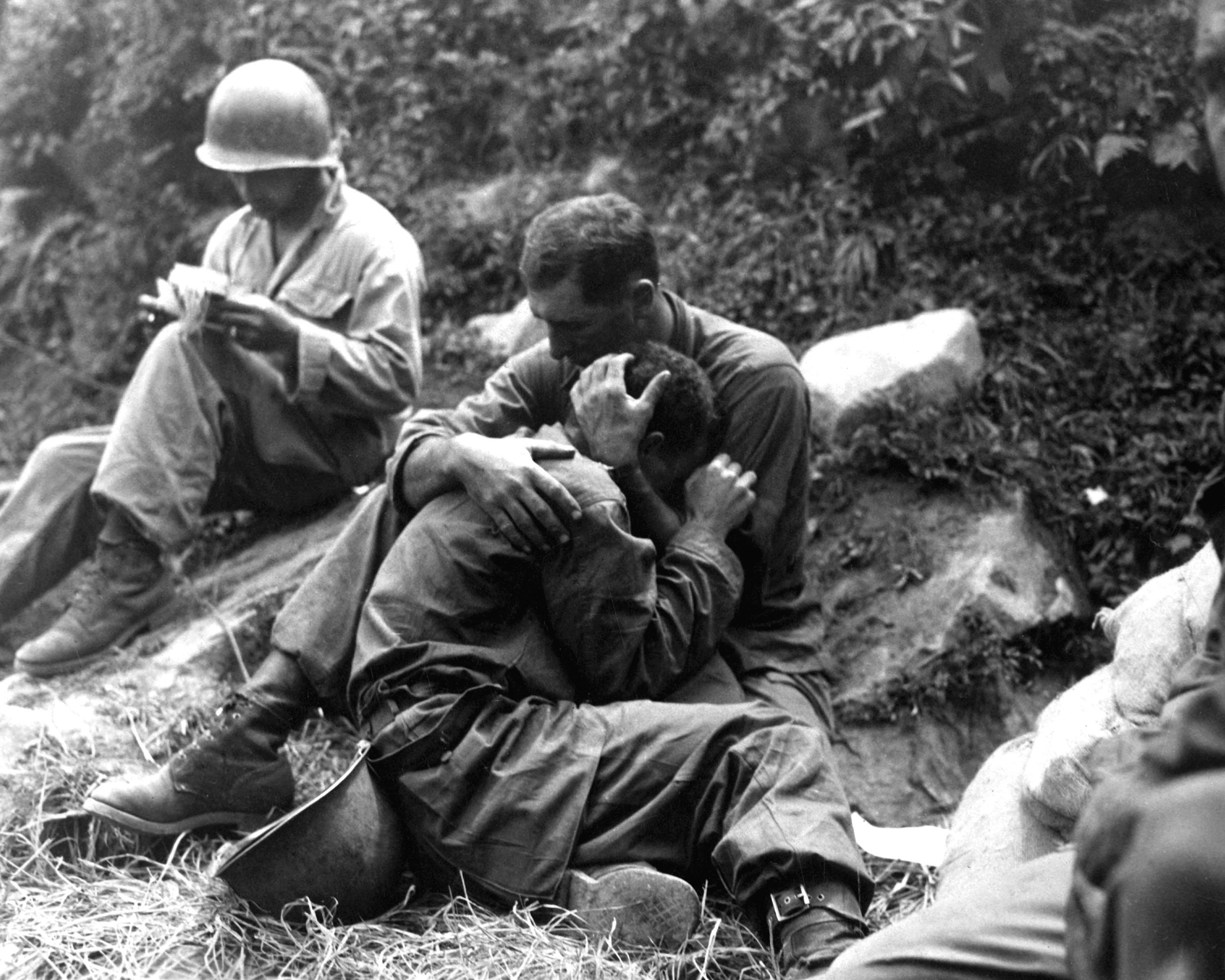|
Mourner
A mourner is someone who is attending a funeral or who is otherwise recognized as in a period of grief and mourning prescribed either by religious law or by popular custom. Many cultures expect mourners to curtail certain activities, usually those considered frivolous or that are accompanied by expressions of joy. History Historically, some cultures have employed professional mourners to make a public showing of grief to honor the deceased (particularly those in the Near East The ''Near East''; he, המזרח הקרוב; arc, ܕܢܚܐ ܩܪܒ; fa, خاور نزدیک, Xāvar-e nazdik; tr, Yakın Doğu is a geographical term which roughly encompasses a transcontinental region in Western Asia, that was once the hist ...).Footnote 1 in Sabar, Y. (1976). "Lel-Huza: Story and History in a Cycle of Lamentations for the Ninth of Ab in the Jewish Neo-Aramaic Dialect of Zakho, Iraqi Kurdistan." ''Journal of Semitic Studies'' (21) 138-162. Business Traced back to the year 1877, it ... [...More Info...] [...Related Items...] OR: [Wikipedia] [Google] [Baidu] |
Professional Mourning
Professional mourning or paid mourning is an occupation that originates from Egyptian, Chinese, Mediterranean and Near Eastern cultures. Professional mourners, also called moirologists and mutes, are compensated to lament or deliver a eulogy and help comfort and entertain the grieving family. Mentioned in the Bible and other religious texts, the occupation is widely invoked and explored in literature, from the Ugaritic epics of early centuries BC to modern poetry. Held in high esteem in some cultures and times, the practice was vilified in others, such as the Chinese Cultural Revolution. Female professional mourners, called ''Rudaali'', were common in many parts of India, especially in the Western Indian state of Rajasthan. Professional mourning is still practiced in China and other Asian countries. In fact, some cultures even think that the use of professional mourners brings a certain religious and historical application to funeral processions. History Most of the people hir ... [...More Info...] [...Related Items...] OR: [Wikipedia] [Google] [Baidu] |
Professional Mourning
Professional mourning or paid mourning is an occupation that originates from Egyptian, Chinese, Mediterranean and Near Eastern cultures. Professional mourners, also called moirologists and mutes, are compensated to lament or deliver a eulogy and help comfort and entertain the grieving family. Mentioned in the Bible and other religious texts, the occupation is widely invoked and explored in literature, from the Ugaritic epics of early centuries BC to modern poetry. Held in high esteem in some cultures and times, the practice was vilified in others, such as the Chinese Cultural Revolution. Female professional mourners, called ''Rudaali'', were common in many parts of India, especially in the Western Indian state of Rajasthan. Professional mourning is still practiced in China and other Asian countries. In fact, some cultures even think that the use of professional mourners brings a certain religious and historical application to funeral processions. History Most of the people hir ... [...More Info...] [...Related Items...] OR: [Wikipedia] [Google] [Baidu] |
Mourning
Mourning is the expression of an experience that is the consequence of an event in life involving loss, causing grief, occurring as a result of someone's death, specifically someone who was loved although loss from death is not exclusively the cause of all experience of grief. The word is used to describe a complex of behaviours in which the bereaved participate or are expected to participate, the expression of which varies by culture. Wearing black clothes is one practice followed in many countries, though other forms of dress are seen. Those most affected by the loss of a loved one often observe a period of mourning, marked by withdrawal from social events and quiet, respectful behavior. People may follow religious traditions for such occasions. Mourning may apply to the death of, or anniversary of the death of, an important individual such as a local leader, monarch, religious figure, or member of family. State mourning may occur on such an occasion. In recent years, ... [...More Info...] [...Related Items...] OR: [Wikipedia] [Google] [Baidu] |
Funeral
A funeral is a ceremony connected with the final disposition of a corpse, such as a burial or cremation, with the attendant observances. Funerary customs comprise the complex of beliefs and practices used by a culture to remember and respect the dead, from interment, to various monuments, prayers, and rituals undertaken in their honor. Customs vary between cultures and religious groups. Funerals have both normative and legal components. Common secular motivations for funerals include mourning the deceased, celebrating their life, and offering support and sympathy to the bereaved; additionally, funerals may have religious aspects that are intended to help the soul of the deceased reach the afterlife, resurrection or reincarnation. The funeral usually includes a ritual through which the corpse receives a final disposition. Depending on culture and religion, these can involve either the destruction of the body (for example, by cremation or sky burial) or its preservation (for examp ... [...More Info...] [...Related Items...] OR: [Wikipedia] [Google] [Baidu] |
Grief
Grief is the response to loss, particularly to the loss of someone or some living thing that has died, to which a bond or affection was formed. Although conventionally focused on the emotional response to loss, grief also has physical, cognitive, behavioral, social, cultural, spiritual and philosophical dimensions. While the terms are often used interchangeably, bereavement refers to the state of loss, while grief is the reaction to that loss. The grief associated with death is familiar to most people, but individuals grieve in connection with a variety of losses throughout their lives, such as unemployment, ill health or the end of a relationship. Loss can be categorized as either physical or abstract; physical loss is related to something that the individual can touch or measure, such as losing a spouse through death, while other types of loss are more abstract, possibly relating to aspects of a person's social interactions. Grieving process Between 1996 and 2006, ther ... [...More Info...] [...Related Items...] OR: [Wikipedia] [Google] [Baidu] |
Merriam-Webster
Merriam-Webster, Inc. is an American company that publishes reference books and is especially known for its dictionaries. It is the oldest dictionary publisher in the United States. In 1831, George and Charles Merriam founded the company as G & C Merriam Co. in Springfield, Massachusetts. In 1843, after Noah Webster died, the company bought the rights to ''An American Dictionary of the English Language'' from Webster's estate. All Merriam-Webster dictionaries trace their lineage to this source. In 1964, Encyclopædia Britannica, Inc. acquired Merriam-Webster, Inc. as a subsidiary. The company adopted its current name in 1982. History Noah Webster In 1806, Webster published his first dictionary, ''A Compendious Dictionary of the English Language''. In 1807 Webster started two decades of intensive work to expand his publication into a fully comprehensive dictionary, ''An American Dictionary of the English Language''. To help him trace the etymology of words, Webster learned ... [...More Info...] [...Related Items...] OR: [Wikipedia] [Google] [Baidu] |
Near East
The ''Near East''; he, המזרח הקרוב; arc, ܕܢܚܐ ܩܪܒ; fa, خاور نزدیک, Xāvar-e nazdik; tr, Yakın Doğu is a geographical term which roughly encompasses a transcontinental region in Western Asia, that was once the historical Fertile Crescent, and later the Levant region. It also comprises Turkey (both Anatolia and East Thrace) and Egypt (mostly located in North Africa, with the Sinai Peninsula being in Asia). Despite having varying definitions within different academic circles, the term was originally applied to the maximum extent of the Ottoman Empire. According to the National Geographic Society, the terms ''Near East'' and ''Middle East'' denote the same territories and are "generally accepted as comprising the countries of the Arabian Peninsula, Cyprus, Egypt, Iraq, Iran, Israel, Jordan, Lebanon, Palestinian territories, Syria, and Turkey". In 1997, the Food and Agriculture Organization of the United Nations, Food and Agriculture Organization (FAO) ... [...More Info...] [...Related Items...] OR: [Wikipedia] [Google] [Baidu] |
Persons Involved With Death And Dying
A person ( : people) is a being that has certain capacities or attributes such as reason, morality, consciousness or self-consciousness, and being a part of a culturally established form of social relations such as kinship, ownership of property, or legal responsibility. The defining features of personhood and, consequently, what makes a person count as a person, differ widely among cultures and contexts. In addition to the question of personhood, of what makes a being count as a person to begin with, there are further questions about personal identity and self: both about what makes any particular person that particular person instead of another, and about what makes a person at one time the same person as they were or will be at another time despite any intervening changes. The plural form "people" is often used to refer to an entire nation or ethnic group (as in "a people"), and this was the original meaning of the word; it subsequently acquired its use as a plural form of per ... [...More Info...] [...Related Items...] OR: [Wikipedia] [Google] [Baidu] |





_1938.jpg)